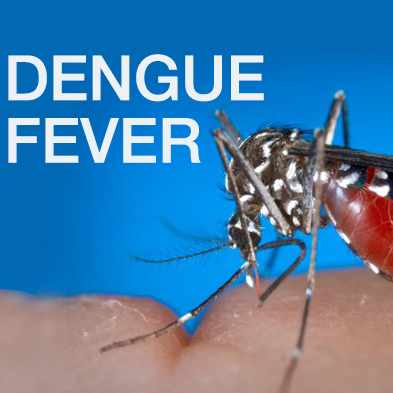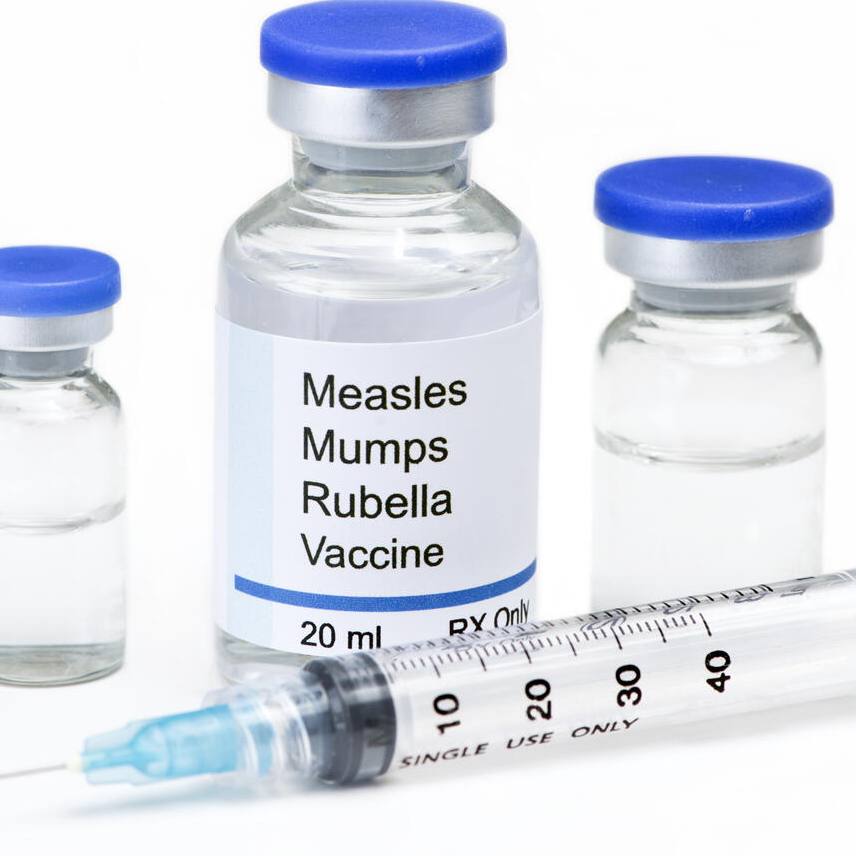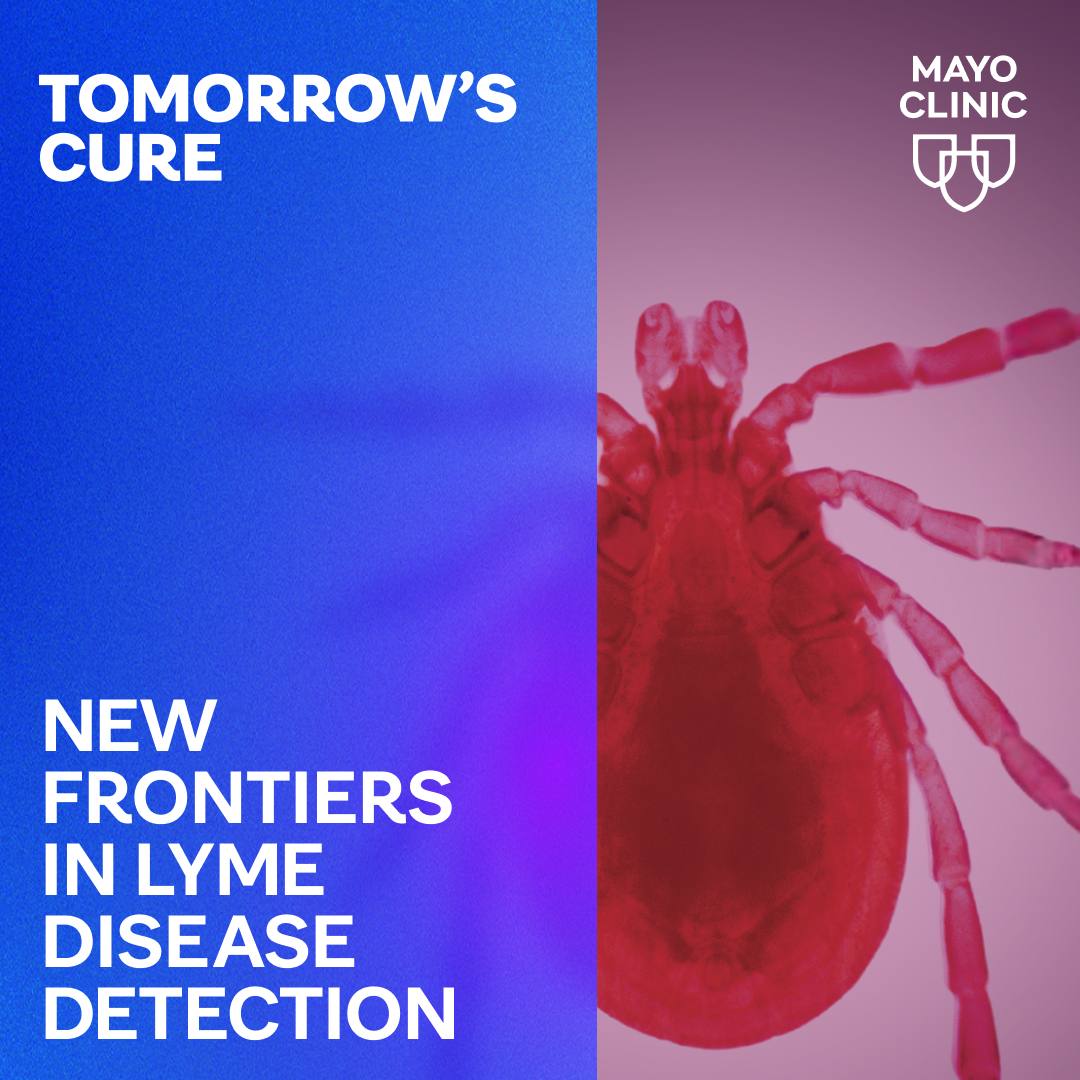
If you haven't had the flu in a few years, there's a reason. As Dr. Nipunie Rajapakse, a pediatric infectious diseases physician with the Mayo Clinic Children's Center, shares, all the more reason to ensure you and your family are vaccinated this year.
The Centers for Disease Control and Prevention recommends that everyone 6 months and older get a flu shot. And make it a goal to be vaccinated by the end of October.
Journalists: Broadcast-quality video (0:58) is in the downloads at the end of this post. Please courtesy: "Mayo Clinic News Network." Read the script.
"We know that our population-level immunity to influenza is lower than usual because we've had lower rates during the COVID times," says Dr. Rajapakse.
Public health measures during the pandemic — wearing masks, washing hands and social distancing — not only help reduce COVID-19 transmission but also lowered the spread of the flu.
"Fewer people have had influenza infection and illness. They don't have the antibodies from that experience. We're all the more dependent on the antibodies from vaccination to protect us in that situation," she says.
Why get a flu shot
Dr. Rajapakse says getting vaccinated is an important way to build immunity and prevent infection.
The recommendations still remain that anyone over six months of age should get an influenza vaccine this year," she says.
"And so the recommendations still remain that anyone over 6 months of age should get an influenza vaccine this year.”
Especially young children, older adults and those with weakened immune systems who are at higher risk of severe illness due to the flu.
"People's protection is going to come from vaccination rather than recent infection. And that makes it all the more important to get the vaccine," says Dr. Rajapakse.
Who should get flu shot
Everyone aged 6 months and older should get a yearly flu vaccine. It's especially important for those at a higher risk of severe flu complications.
Those at higher risk of complications from flu include:
- Young children under age 2.
- Adults older than age 65.
- Residents of nursing homes and other long-term care facilities.
- People who are pregnant or plan to be pregnant during flu season.
- People with weakened immune systems.
- American Indians or Alaska Natives.
- People with chronic illnesses, such as asthma, heart disease, kidney disease, liver disease and diabetes.
Getting the flu shot has important benefits. It reduces flu cases, doctor visits, missed work and school days due to flu, and lessens symptom severity, lowering flu-related hospitalizations and deaths.
Along with vaccination, practicing good hand hygiene and avoiding people who are ill are ways to prevent transmission and illness.
Related posts:
- Know the signs of strep throat in children
- Mayo Clinic Q and A: Flu shots are important for young people, too
- Fight off the flu with immune-boosting nutrients
Related Articles







